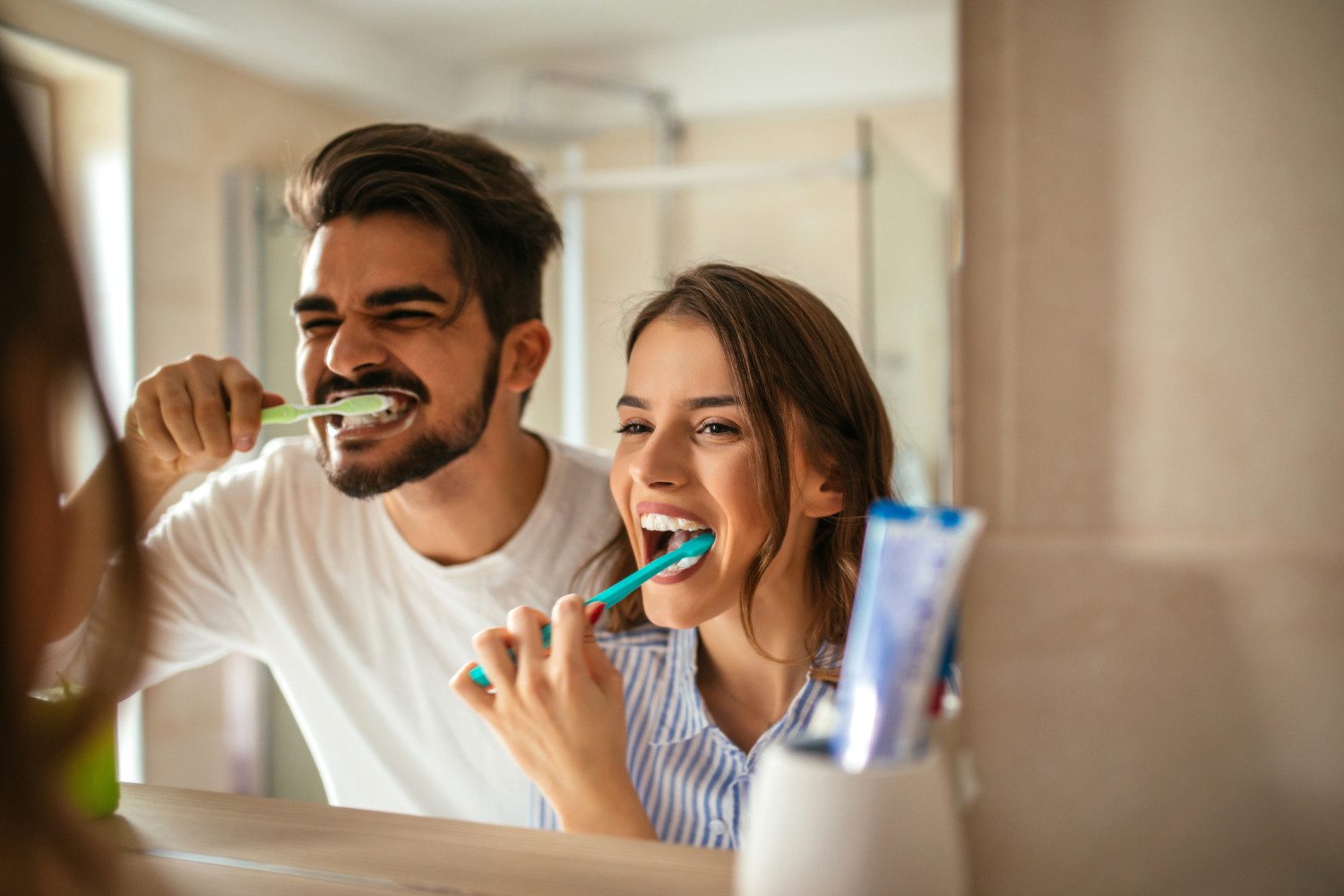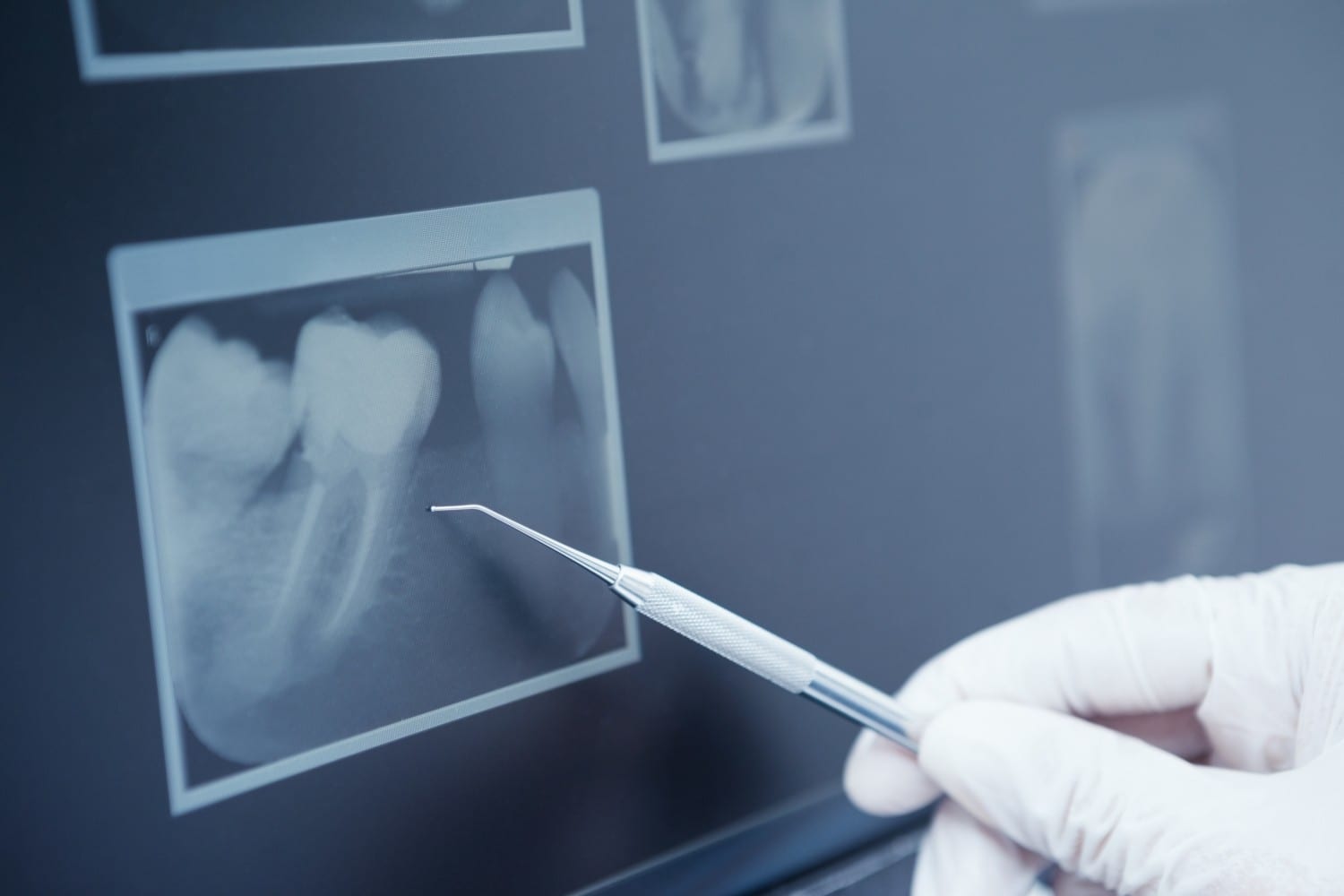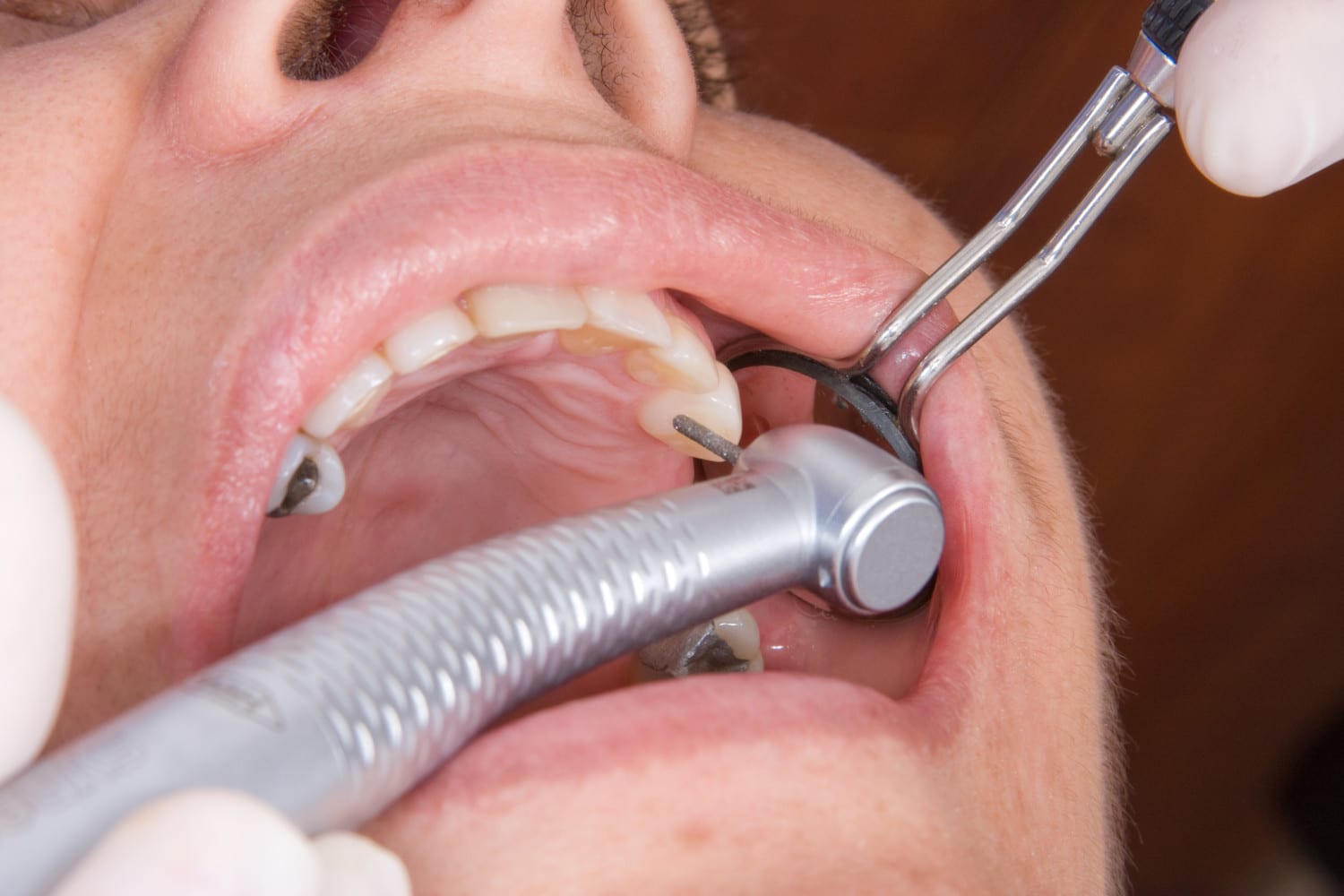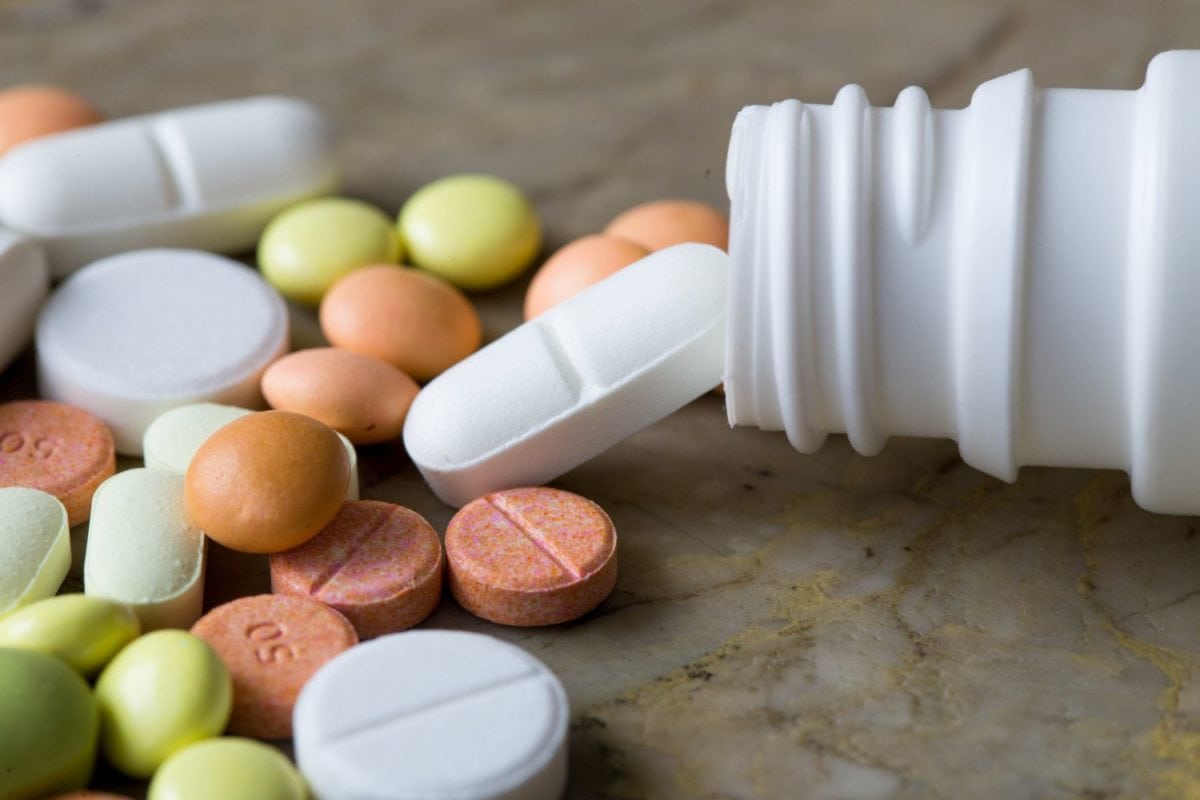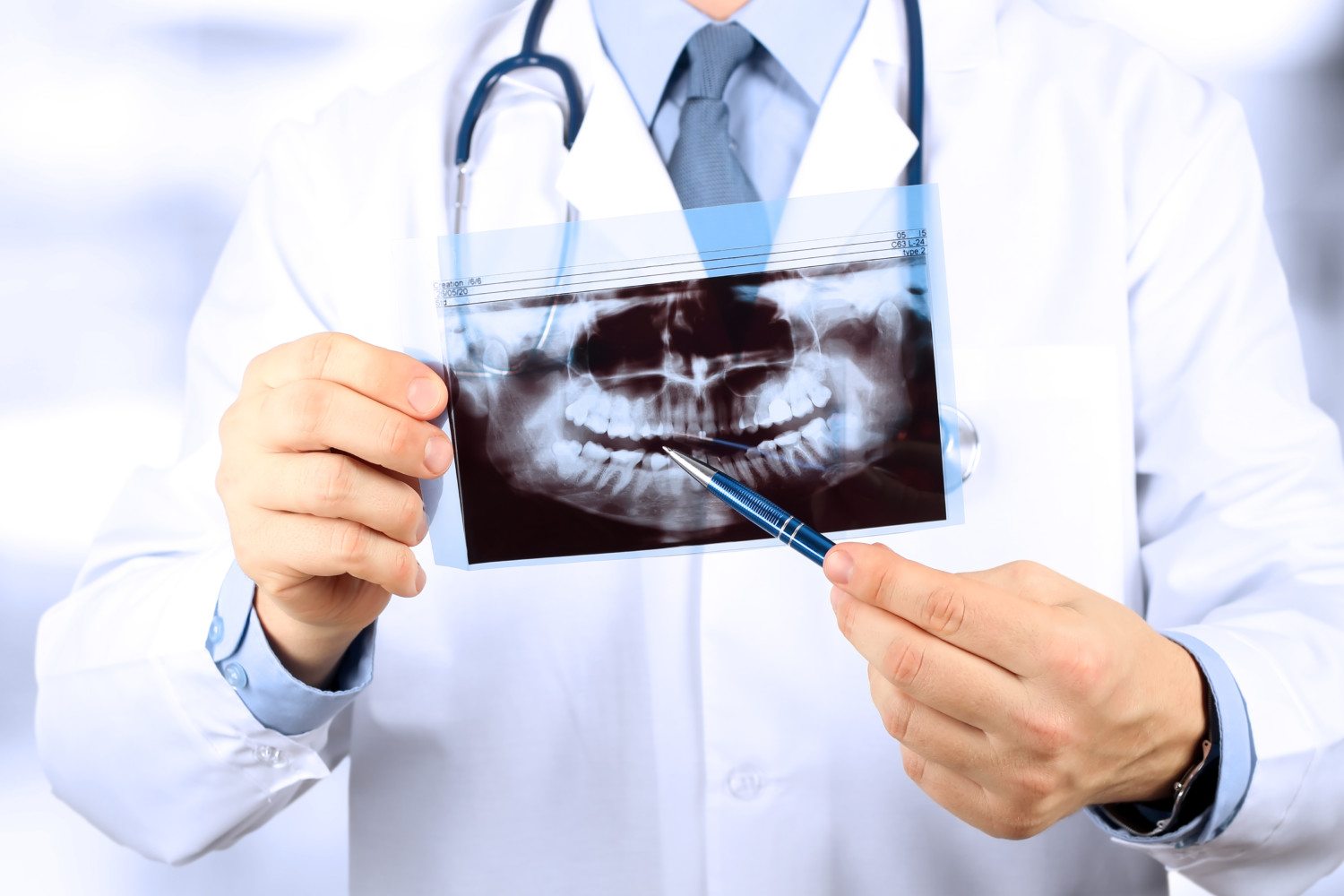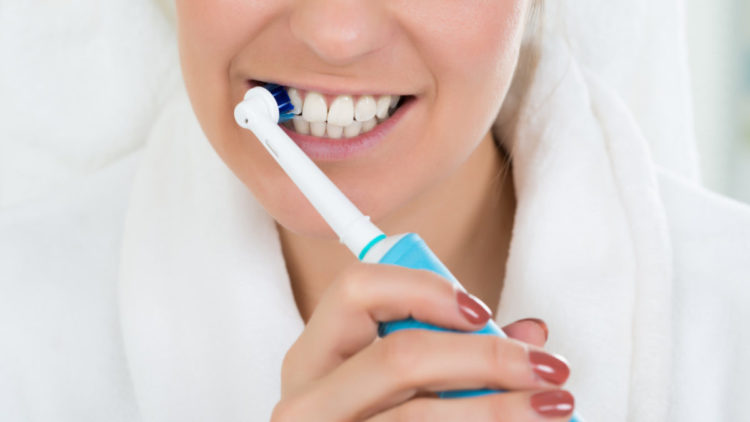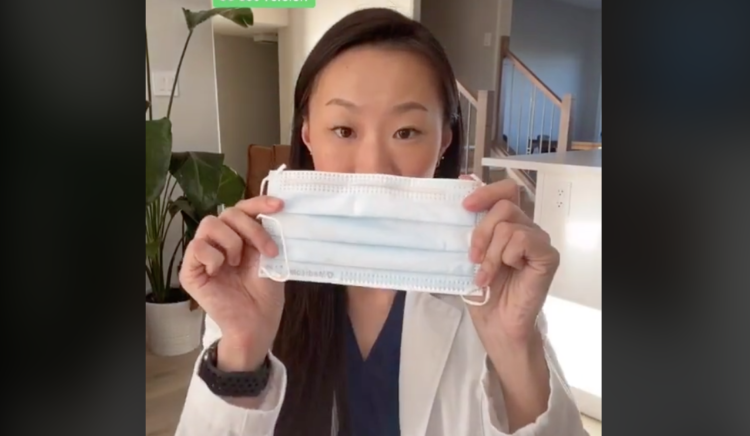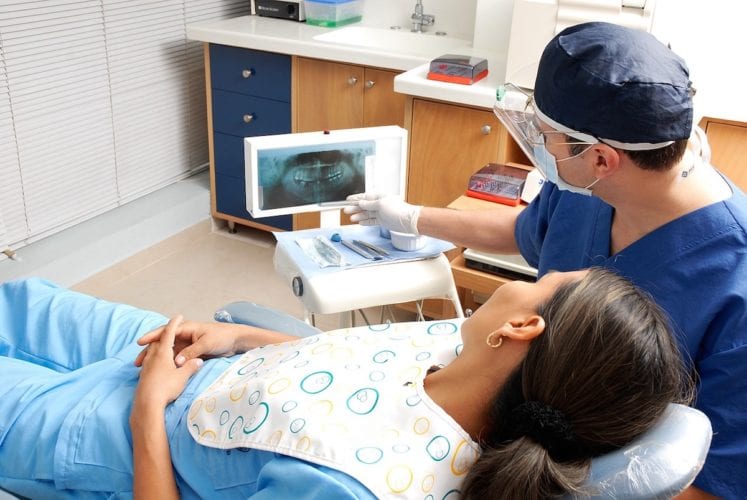Some People Are More Likely To Get Cavities Than Others—Here’s Why
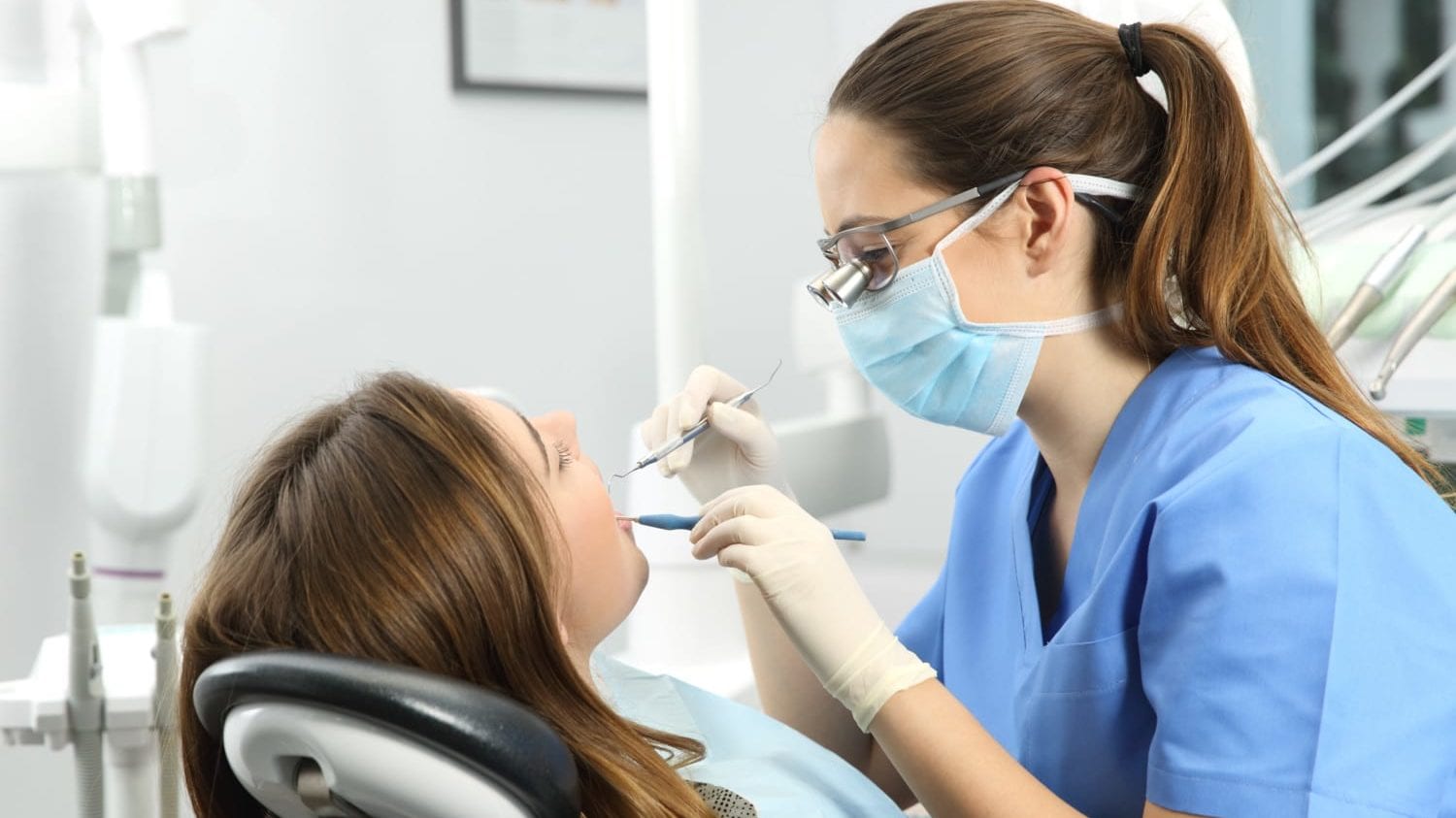
You’ve got a great toothbrushing regimen, steer clear of the office candy bowl and are among the few who’d pass a lie-detector test when your dentist asks if you’ve been flossing. But, you’re still getting the occasional cavity. What gives?
As it turns out, some people are more prone to cavities — partly because of lifestyle factors, but also because of reasons that are out of their control. Here, dentists tell us about some lesser-known causes of cavities that aren’t related to sugar consumption or poor brushing habits.
1. You Have Weak Enamel
Your tooth enamel is the hard, outer layer of your tooth that can prevent against decay. Once areas of enamel are worn away, bacteria and acid can attack the next layer of your teeth, which is called dentin and is softer than enamel. But some people are at higher risk for developing cavities faster because they have weak and fragile enamel, explains Dr. Andy Gaertner of Gaertner Brothers Dentistry in the Miami area. Also, gum recession can lead to exposed root surfaces, which tend to decay faster, Gaertner explains.
Poor enamel quality can be a result of genetics, or it can come from wearing braces or daily habits, explains Dr. Louis Siegelman, a New York City dentist and dental anesthesiologist. Those daily habits could include sipping on sugary drinks (especially energy drinks that are high in acid) that lead to enamel erosion, or a high-sugar or high-carb diet.
2. You’re A Grazer
Are you in the habit of nibbling on snacks at work throughout the day or keeping a bowl of crackers at your side when you watch TV? Your snacking habits could be harming your teeth.
“Today, people eat loads of irresistible refined foods that are more acidic, sugary and less satiating,” Siegelman says. “We keep nibbling, and our saliva, which naturally repairs teeth, just can’t keep up.”
Instead of slowly eating and snacking on candy, carb-heavy snacks or sugary beverages, it is better to eat it all at once so the sugar does not sit in the teeth, says Dr. Jeff Van Treese, who practices in and around Sidney in Western Ohio.
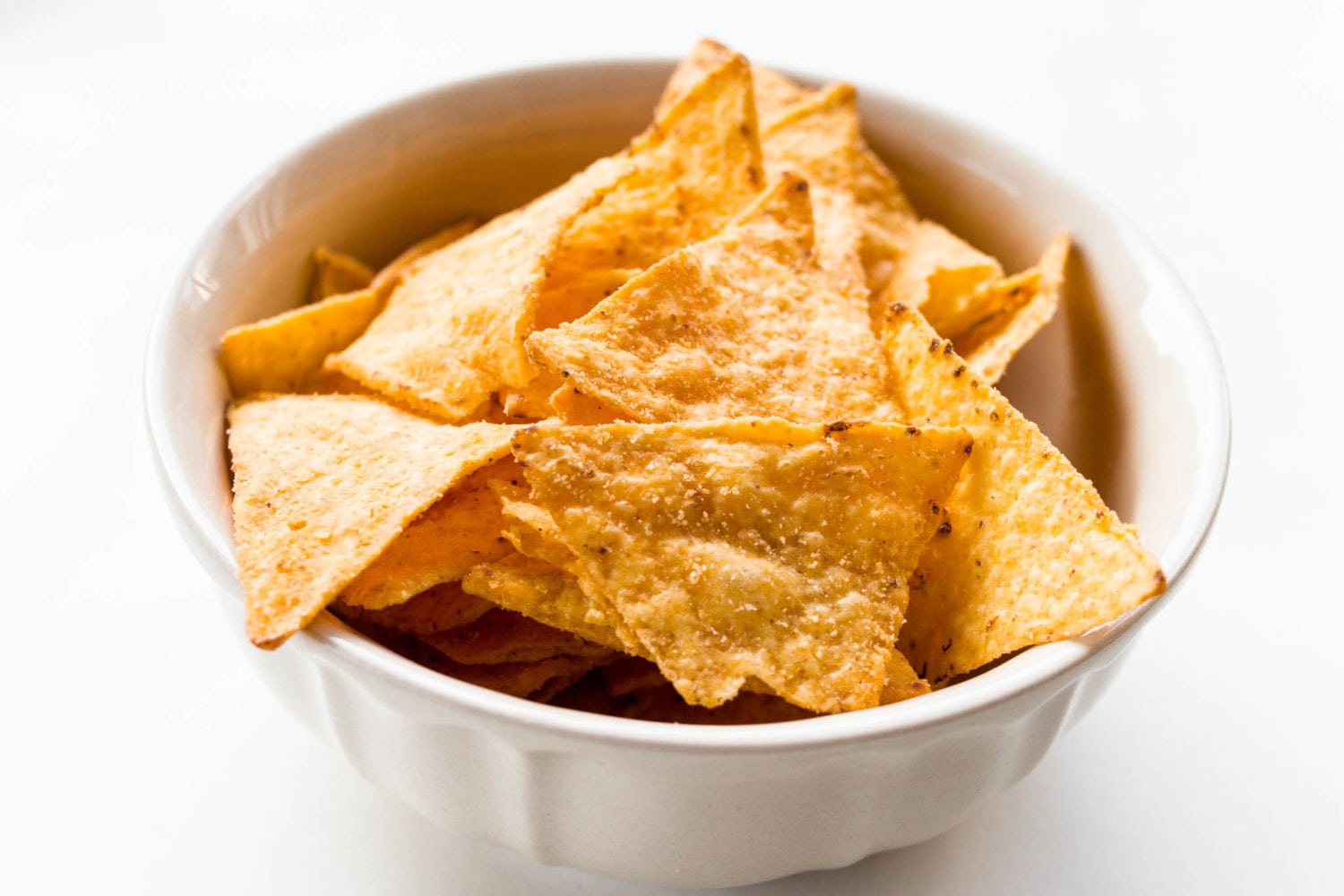
3. You Brush Your Teeth Right After You Eat
You’re the one who has a workplace toothbrush and brushes your teeth right after lunch. You deserve a gold star, right? Not so fast! “You should brush after every meal” is a common dental myth, says NewEnamel‘s Dr. Anthony Fernandez, who has worked as a dentist for more than 30 years in Northern California. In fact, brushing right after a meal or after consuming a sugary treat can actually do more harm than good, he explains. Here’s why: After we eat or drink, acids are likely to be present on our teeth, attacking the enamel and causing it to soften. If you brush before your enamel has time to harden again, your toothpaste can act as an abrasive and damage your teeth. (Think of it as sanding away your enamel.)
The American Dental Association’s primary guidance on brushing is that you do so two times per day, for two minutes each time, and with a fluroide toothpaste. The ADA does recommend waiting an hour to brush after eating or drinking an acidic beverage. Soft drinks, especially carbonated sodas and sports drinks, can cause erosion. On the flip side, drinks that are high in calcium can potentially reduce risk of erosion.
4. Your Mouth’s pH Level Is Off
The acid levels in your mouth can make you more susceptible to cavities, points out Dr. Evan Sachs of Sachs Family Dentistry in Dearborn, Michigan. This is something you can address with your dentist, though. “Your dentist is able to take a saliva specimen and test to find the pH of your mouth,” Sachs says. Your dentist will be able to have a conversation with you about how to bring your mouth’s pH level back to balance, which could include a diet with more alkaline-producing foods such as veggies and legumes.
5. You’re Hard On Your Teeth
Some other habits that can lead to the breakdown of your teeth include clenching and grinding, biting your nails or chewing on ice and other hard objects, Sachs says. Even being too hard and aggressive as you brush can wear down your teeth.
6. Cavities Are In Your Genes
Certain genetic variations could be linked to higher rates of tooth decay and periodontitis, according to researchers from the University of Pittsburgh. For a 2010 study, they analyzed dental records of 300 patients and found variations in a gene that plays a key role in first-line immune response against invading germs. Genetics can also have an effect on the type of bacteria that lives in your mouth, explains Dr. Nathan Brooks, owner of Anderson Dental Care in Cincinnati, Ohio. “Certain types of bacteria can cause cavities more than others,” Brooks says.
7. You’ve Got A Dry Mouth
Some people don’t produce much saliva, which acts as a cleaning agent for teeth, Brooks explains. “From my experience, if someone has a lot of saliva flow, I typically see them with fewer cavities,” he says.
Dry mouth can be naturally caused by genetics, Brooks says, or it can be a symptom caused by alcohol or tobacco usage.
Also, certain medications also cause dry mouth, including antacids, pain medication, blood pressure medications and antidepressants, explains Dr. Randi Tillman, Chief Dental Officer at Guardian Life Insurance Company of America.
8. You Have Deeper Crevices In Your Teeth
People who have deeper crevices in their teeth are also more susceptible to getting cavities, Tillman says. “Teeth that have more crevices make it easier for cavities to form and bury themselves into the tooth,” she explains.
9. You’re A Mouth Breather
File this one under genetics as well. If you inherited salivary gland or duct issues, Sjogren’s Syndrome or chronic mouth breathing, you are more likely to have cavities than someone without these issues, says Dr. Gregg M. Festa, who owns a dental practice in Raleigh, North Carolina. “Mouth breathing, for example, leads to dry mouth and with a dry mouth saliva cannot wash away bacteria, which can cause not only cavities but also gum disease,” he explains.
While you may face some special sets of circumstances, such as genetics or a dry mouth, that make dental hygiene more difficult, talking with your dentist about treatments can help you stay on top of your oral health and reduce cavities.



